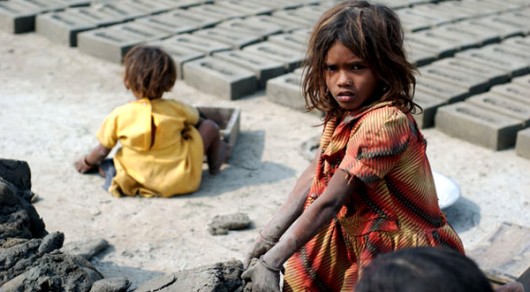The Necessity of a SDG to Address Modern Slavery

The UN’s Sustainable Development Goals (SDGs) are set to be voted this month. These goals will shape development goals for the next 15 years for the U.N. and its member states.
Among the goals is achieving economic growth that will result in decent employment for all. Part of this goal includes a provision for addressing modern slavery and human trafficking, a human rights issue and a booming economy.
The awareness behind modern slavery has grown, now the focus is on understanding the roots. Before this, modern slavery and development were treated separately, and how interrelated they are was not seen.
If we think about it, how could modern slavery not affect development given that it negatively affects health, economic growth, rule of law, women’s empowerment and lifetime prospects?
Modern slavery also robs many young people who make up the majority of modern slaves, the opportunity to contribute to their society. Young people would contribute the most and for a longer time period.
Globalization plays a big role in the existence of modern slavery. The responsibility of it falls on major players such as businesses, financial sectors and individuals play a part in and should be aware of the possible ways in which we may be contributing to it.
The question still remains if addressing it as a SDG is enough? Modern slavery exists despite 12 international conventions and over 300 international treaties banning its existence. The Palermo Protocol in 2000 resulted in anti-slavery activity and legislation, but the movement has failed with little research asking why and what could be done differently.
Part of the problem with addressing modern slavery is the lack of punishment and enforcement. Criminal see it as a high-reward and a low-risk.
Out of all the countries, 41 percent have no trafficking convictions or had less than 10 convictions between 2010 and 2012. Additionally, there were about 13,000 possible victims in the U.K., but 2013 to 2014 saw just 130 convictions.
– Paula Acevedo
Sources: The Guardian, UN
Photo: scrapetv
